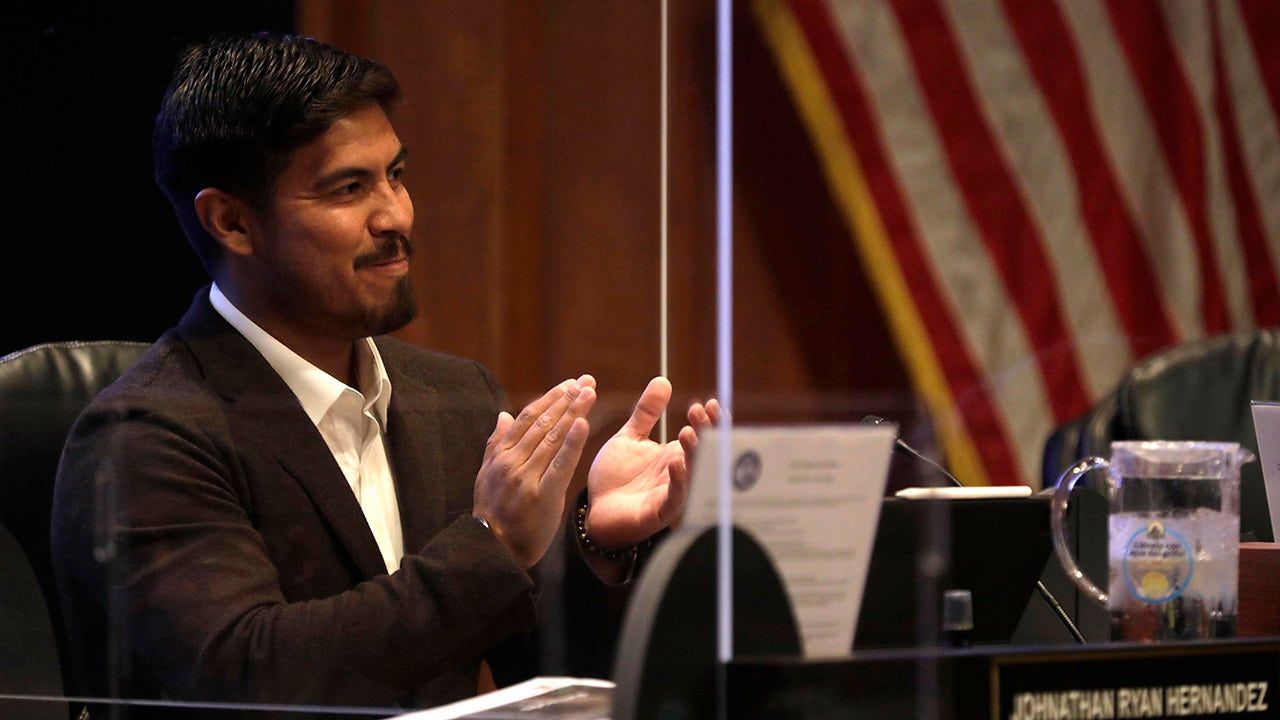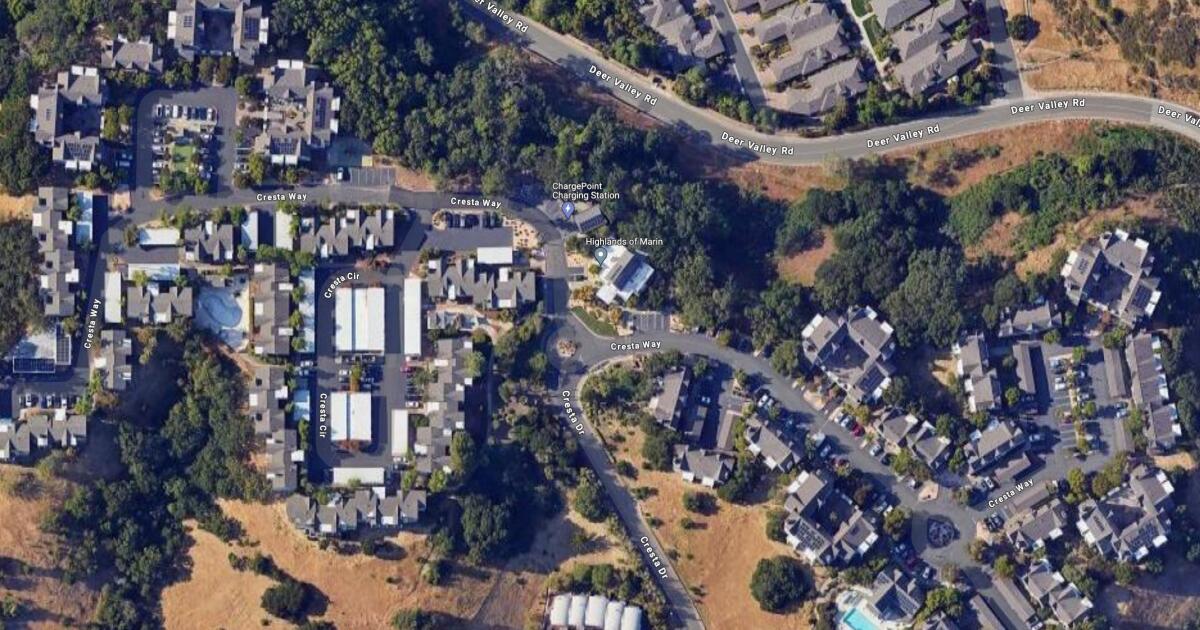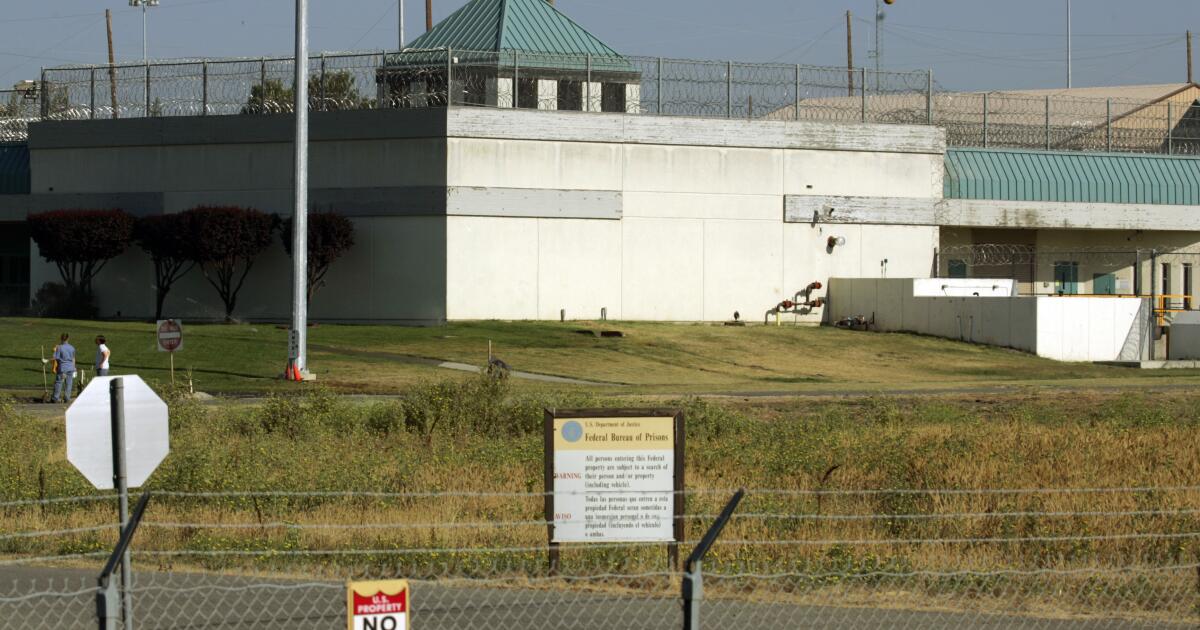The Southern California city of Santa Ana is maintaining controversial language in a ballot measure to allow noncitizens to vote in local elections, so far rejecting legal challenges to the wording.
The Santa Ana City Council proposed a ballot measure asking voters to decide in November whether the city's non-citizen residents, “including those who are taxpayers and parents,” can participate in all municipal elections. However, conservative organizations, including the California Public Policy Foundation, subsequently filed a lawsuit against the measure in Orange County Superior Court, arguing that the language is “unlawfully partisan” and would cast the ballot measure “in a brighter light.” favorable by highlighting sympathetic groups. of voters who will receive voting rights under the proposal,” according to LAist.
A county judge sided with the California Public Policy Foundation and other opponents earlier this month, asking the city of Santa Ana to update ballot language to make it more neutral.
Despite this, the Santa Ana City Council voted last week to keep the controversial seven-word phrase, Politico reported. Council members who voted to keep the ballot measure as is said the American Civil Liberties Union agreed to defend any additional lawsuits.
ALABAMA ELECTION OFFICIAL SAYS EXECUTIVE ORDER PROVIDES A 'MECHANISM' FOR ILLEGAL IMMIGRANTS TO REGISTER TO VOTE
A worker organizes a stack of mail-in ballots for scanning at the Orange County Recorder's office in Santa Ana, California, on Tuesday, March 5, 2024. (Paul Bersebach/MediaNews Group/Orange County Register via Getty Images)
“The language that I consider impartial: it simply describes who the non-citizens are,” Councilman Johnathan Hernández said during a meeting last week, according to Politico. “Noncitizens pay more than $145 million in taxes in Orange County today…Orange County would not be the county it is without noncitizens.”
Councilman David Peñaloza disagreed, arguing that the city went from “neutral and appropriate” wording of the measure to “false” language intended to “persuade and influence” voters.
He reportedly said the council had “pulled the language out of the air” as the measure continued to move forward.
“I don't know why, but they did, they included the term 'parents,'” he added. “This is simply done so that when someone goes to the polls, they read, 'Oh yes, of course parents and taxpayers can vote.'”
James Lacy, an attorney and activist involved in the litigation, told Politico that while he is against noncitizens voting in elections, he is not opposed to the issue remaining on the ballot overall.
“What they are doing, without a doubt, is sweetening the ballot in favor of voting yes by making a statement that is positive,” he allegedly said. “That's advocacy; you can't do that and have a fair election.”
Lacy also told LAist in early June that the measure's controversial wording violates the election code because it “detrimentally informs the voter in a way to encourage a yes vote on the ballot measure.”
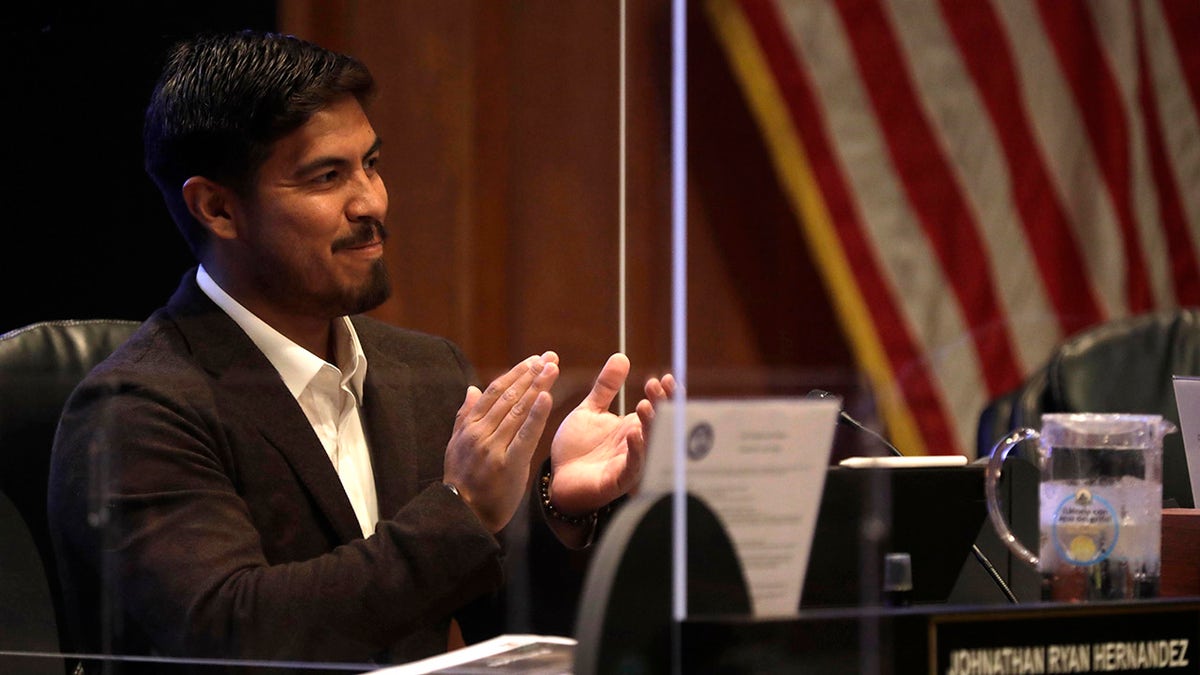
Santa Ana City Councilman Jonathan Ryan Hernandez applauds during a presentation at the council meeting on April 19, 2021. He supports controversial language on a ballot measure that would allow parents and non-citizen taxpayers to vote. (Genaro Molina/Los Angeles Times via Getty Images)
It is illegal for noncitizens to vote in federal elections, but the Illegal Immigration Reform and Immigrant Responsibility Act of 1996 states that noncitizens are allowed to participate in other elections if they are “authorized to vote for any other purpose.” under state law.” constitution or statute or a local ordinance.”
'POLITICAL COMPALITION': GOP LAWMAKERS TEAR BIDEN'S 'MASS AMNESTY' ORDER AS AN ELECTION YEAR STRATIGY
Other California cities, such as San Francisco and Oakland, have advanced efforts to allow noncitizens to vote in local races, including school board elections, in recent years.
In 2016, a ballot measure known as Proposition N passed in San Francisco, allowing non-citizen parents and guardians of children residing in the city to vote in local school board elections.
Facing legal challenges, a San Francisco Superior Court judge later said the measure was unconstitutional. The California Court of Appeals overturned that ruling last August, finding that state and local governments, particularly home rule cities, have the power to enforce their own election rules at the municipal level. Like San Francisco, Santa Ana is a self-governing city.
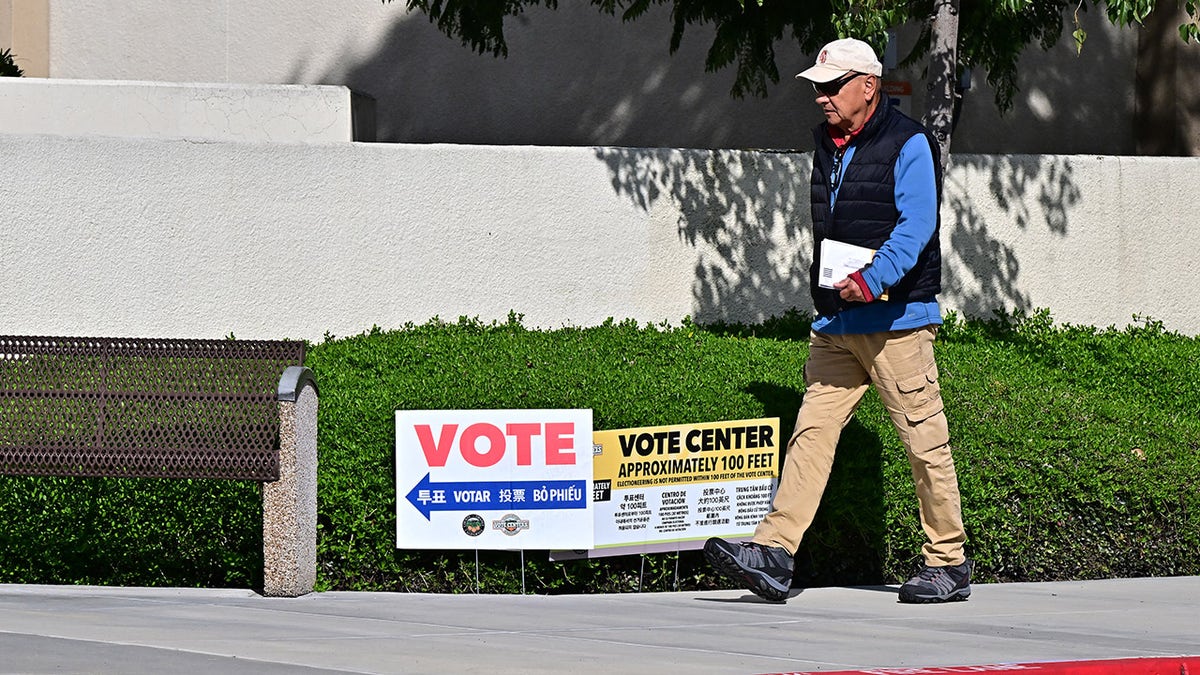
A man heads to vote at the Orange County Registrar's Office in Santa Ana, California, on “Super Tuesday” on March 5, 2024. (FREDERIC J. BROWN/AFP via Getty Images)
“I think we can continue to challenge this noncitizen voting issue, probably with better results in the federal court system,” Lacy told LAist. “The California state court system, particularly the appellate system, is really populated by liberal Democratic judges.”
During a presidential election year, Republicans at the state and federal level are pushing to reduce noncitizen voting and give states the power to clean up their voter rolls.
In an interview with Fox News Digital last week, Alabama Secretary of State Wes Allen called on Congress to enact reforms to the National Voter Registration Act of 1993 after finding that noncitizens who came into contact with Medicaid or other state welfare agencies in Alabama were to receive voter registration forms under the Biden administration's broad interpretation of the law.
Last month, Reps. Chip Roy, R-Texas, and Mike Lee, R-Utah, introduced the Safeguarding American Voter Eligibility Act. That legislation, if passed, would require states to obtain proof of citizenship (in person) when registering an individual to vote, and would require states to remove noncitizens from existing voter rolls.
CLICK HERE TO GET THE FOX NEWS APP
According to Politico, voters in Missouri, South Carolina, Iowa, Kentucky and Wisconsin will decide this fall on ballot measures that explicitly prohibit noncitizens from voting. Others may follow suit. Last week, the North Carolina legislature introduced a proposed amendment to the state constitution that would clarify that only U.S. citizens who are at least 18 years old and meet other requirements “shall have the right to vote in any election.”

